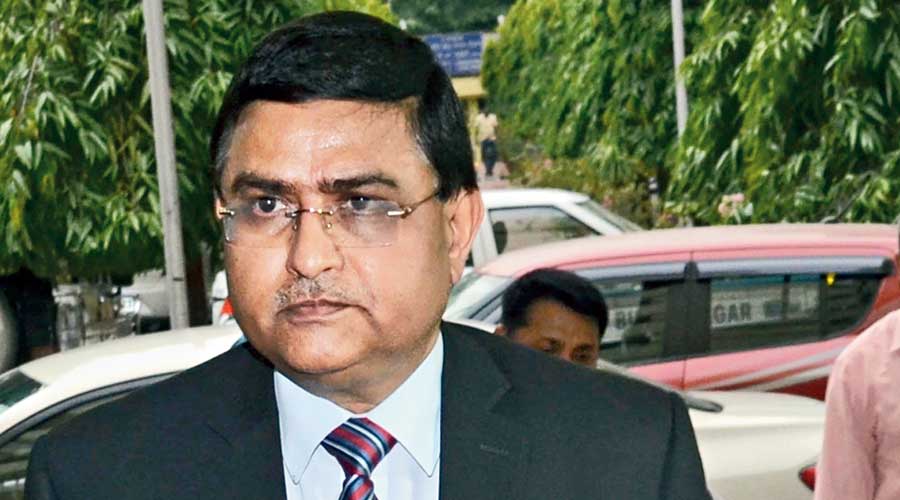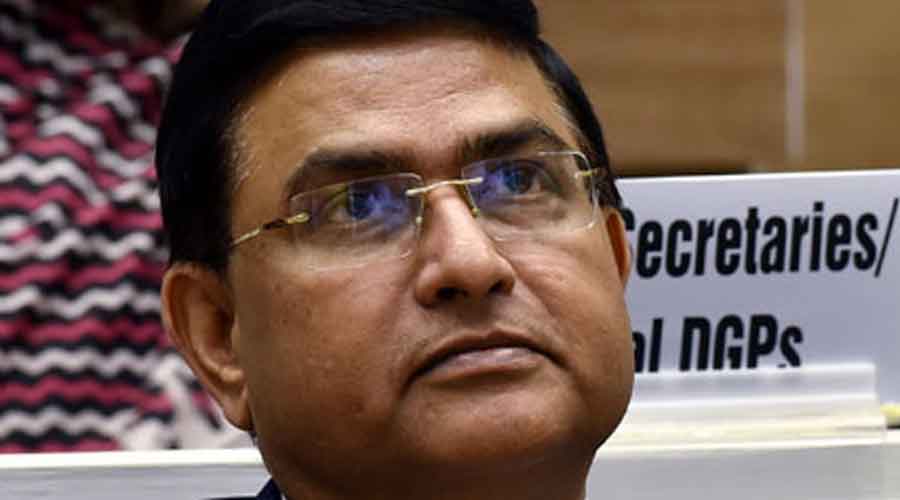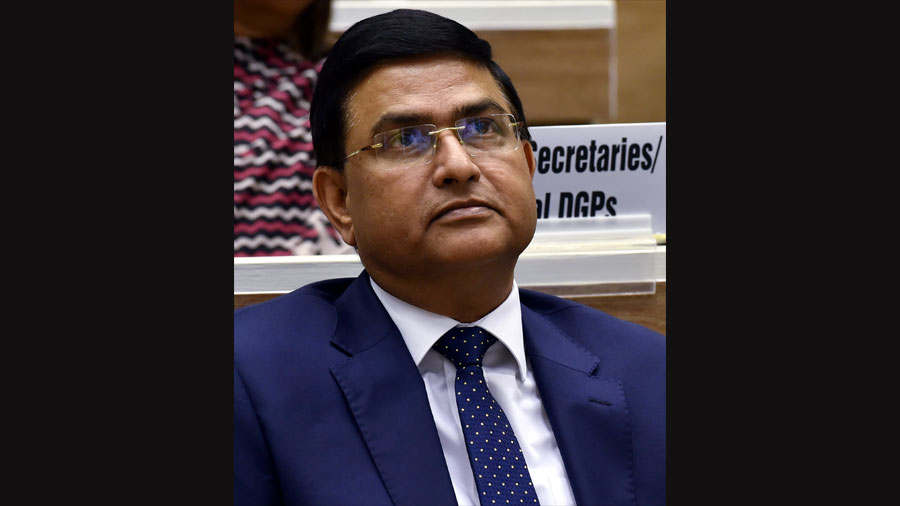The Supreme Court on Wednesday directed Delhi High Court to dispose of within two weeks a plea challenging the appointment of IPS officer Rakesh Asthana as the Delhi police commissioner.
The non-profit Centre for Public Interest Litigation (CPIL) has argued in the Supreme Court that Asthana was given the new assignment just four days before his retirement in violation of previous apex court directives. The CPIL has sought quashing of the appointment.
A bench headed by Chief Justice of India N.V. Ramana and Justices D.Y. Chandrachud and Surya Kant permitted the CPIL to move Delhi High Court to intervene in the pending plea against Asthana’s appointment.
“We request Delhi High Court to consider the matter as early as possible in two weeks for us to have the benefit of the high court’s judgment. The petitioner (CPIL) is at liberty to file an intervention application (before Delhi High Court),” the Supreme Court said.
Justice Ramana offered to recuse on the ground that he had been part of the high-powered committee that had examinedthe possibility of Asthana’s appointment as CBI director. However, advocate Prashant Bhushan, appearing for the CPIL, said he had no objection to the CJI hearing the matter.
Solicitor-general Tushar Mehta, appearing for the Centre, told the bench that the high court should be allowed to deal with the issue since a similar petition seeking the quashing of Asthana’s appointment was pending before it.
Bhushan, however, alleged foul play, pointing out that sometimes “ambush petitions” were filed, by simply resorting to “cut-paste”, in collusion with the government.
“Today we find ambush petitions being filed, filed in collusion with the government to get a dismissal of the genuine petition,” Bhushan said.
The top court then gave Bhushan the liberty to intervene in the petition pending in Delhi High Court or file a fresh one.
Justice Chandrachud told Bhushan: “To obviate your apprehension, we can give you liberty to not just intervene but file an appeal. So you won’t have to depend on that petitioner (in the high court) as you may or may not trust them.”
Mehta countered Bhushan, saying: “So far as ambush petitions are concerned, the less said the better. We have professional PIL litigants who file surrogate pleas at the behest of people who have lost out in the race.”
Assailing Asthana’s appointment, Bhushan said: “It’s an egregious case. I’ve never seen a case where the government shows such brazen violation of the rule of law. He is given an extension in violation of each and every rule and just four days before retirement he is appointed a police chief.”
The advocate added: “Every rule is thrown to the vents just to accommodate him.”
Asthana was appointed Delhi police commissioner on July 27, four days ahead of his retirement on July 31, and was given a year’s extension.
The Supreme Court had earlier ruled that no officer who has less than six months’ service left will be appointed as a director-general of police (DGP). The commissioner of Delhi police, which report to the Union home ministry, has a rank equivalent to that of DGP.
Asthana’s cadre was changed from Gujarat to AGMUT (Arunachal Pradesh, Goa, Mizoram, Union Territories), from which Delhi police commissioners are usually selected.
Advocate M.L. Sharma had filed another petition in the Supreme Court seeking the cancellation of Asthana’s appointment and contempt proceedings against Prime Minister Narendra Modi, who headed the appointments committee of the cabinet that recommended the officer’s selection, and Union home minister Amit Shah.
The CPIL has also sought a direction to the Centre to initiate fresh steps for appointing a new police commissioner for Delhi, strictly in accordance with the directions of the apex court in the Prakash Singh case (2006) under which no officer who has less than six months of service left can be appointed to a DGP-rank post.
The CPIL argued that the July 27 orders of the central government and the appointments committee were illegal on the following grounds:
⚫ Violation of the directions issued by the apex court in the Prakash Singh case.
⚫ Violation of Fundamental Rule 56(d), which stipulates that “no government servant shall be granted extension in service beyond the age of retirement of sixty years”.
⚫ The Centre does not have the power under Rule 3 of the All India Services (Conditions of Service — Residuary Matters) Rules, 1960, to relax Rule 16(1) of the All India Services (Death-Cum-Retirement Benefits) Rules, 1958, in order to give extension of service to Asthana.
⚫ Violation of the policy regarding inter-cadre deputation of all-India service officers as prescribed under the department of personnel and training’s office memorandum dated November 8, 2004.
⚫ No UPSC panel was formed for the appointment of the Delhi police commissioner, and the criterion of having a minimum tenure of two years had been ignored.
Bhushan pointed out that the high-powered committee of the Chief Justice of India, Prime Minister and the leader of the Opposition had in a meeting on May 24 rejected the central government’s attempt to appoint Asthana as CBI director on the ground that he did not have six months of service left.












